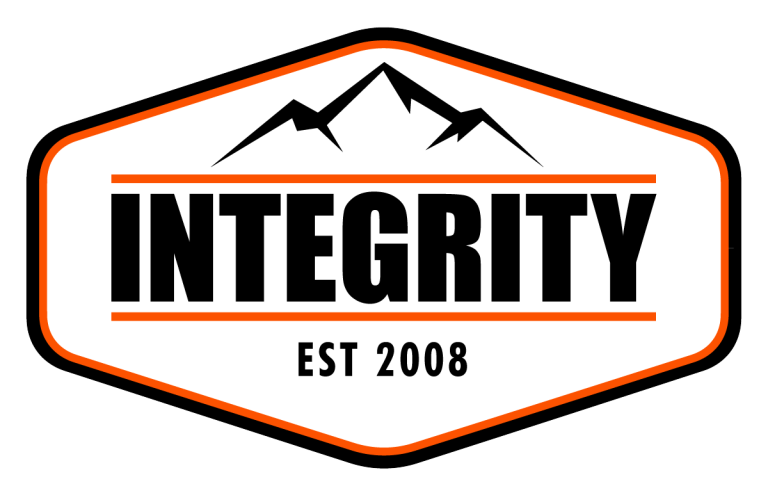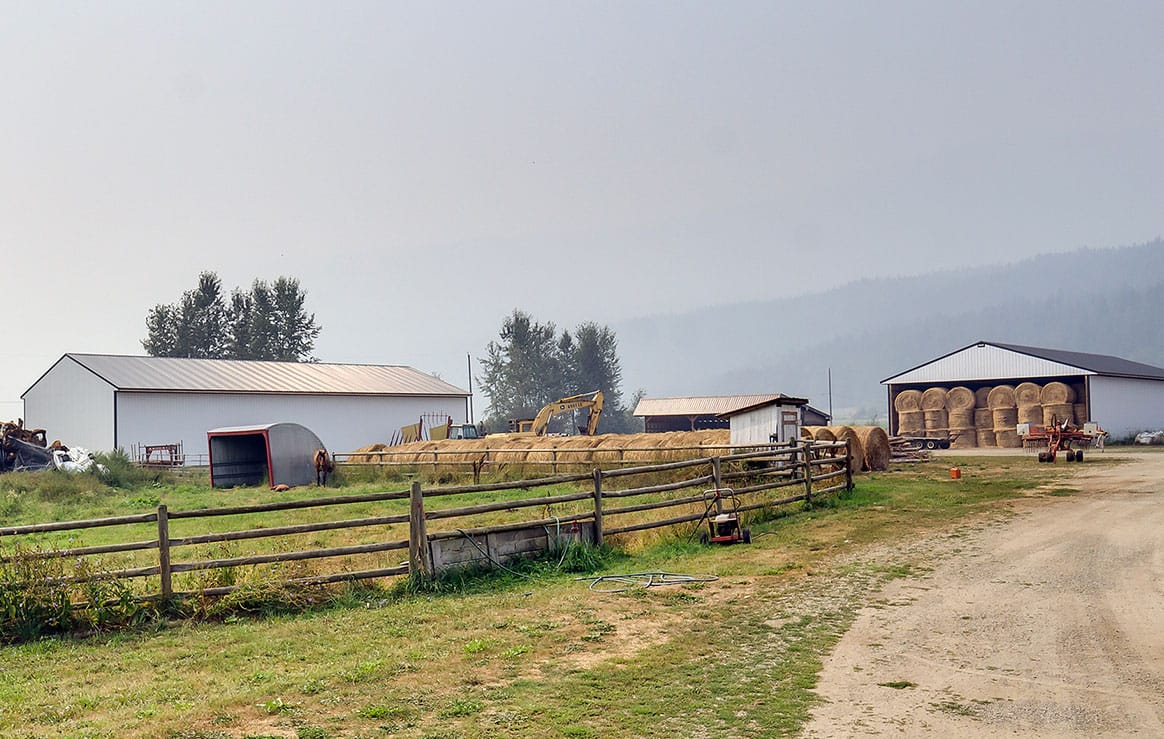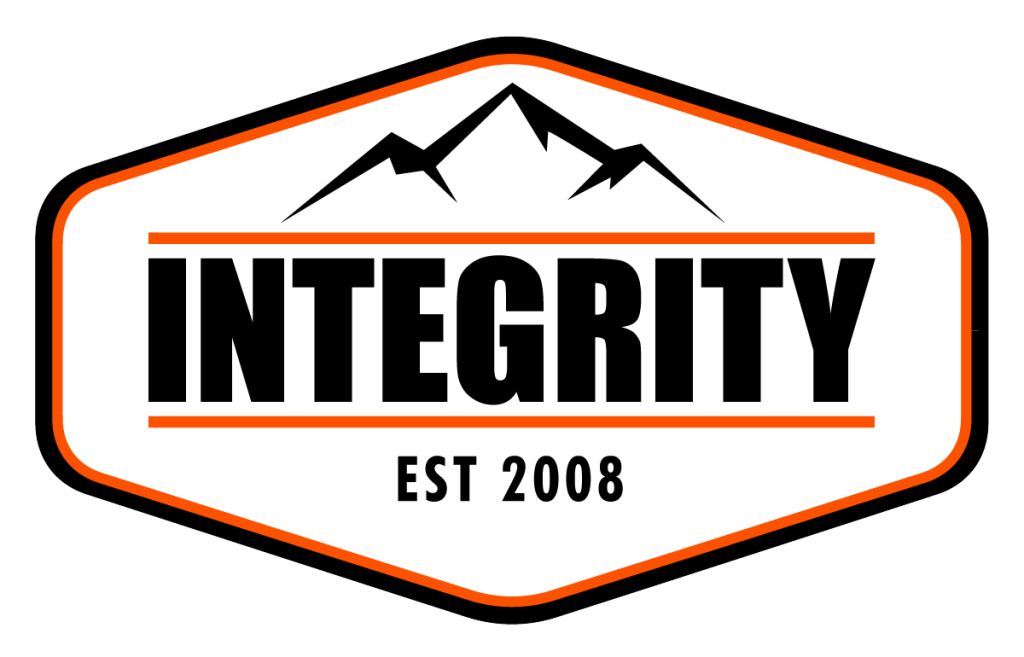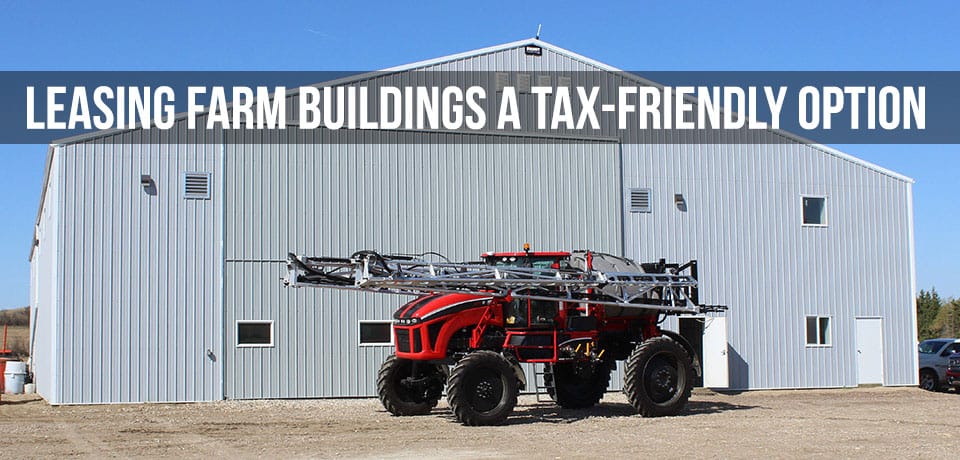
“The tax benefit for producers is the single biggest driving force behind leasing buildings,” said Curtis Gulka, account manager at National Leasing. Leasing is one of the ways to acquire building assets on the farm.
The big attraction for farmers is the ability to expense the payments against their income 100 per cent, rather than depreciating the purchase over a couple of decades. The types of buildings being leased are typically pole sheds or shops that are primarily used for cold storage. Grain bins can be leased as well. Two farmers south of Kindersley, Sask., made arrangements not long ago to build a shop and a shed, financing the project through leasing. Brad and Blaine Sautner took over the family farm from their father some years ago, raising their families there. The Sautner brothers are third-generation farmers; their grandfather started farming the land around 70 years ago.
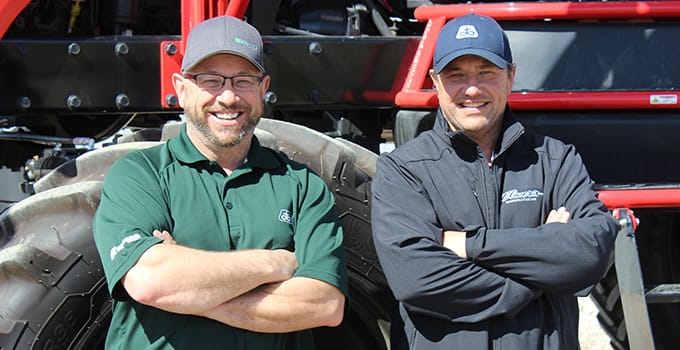
The Sautners had previously leased bins and enjoyed the lease option because of the ability to expense the payments. “With the lease, I know how much the payment is and that’s how much I’m taking off income tax,” said Blaine. “If you have to depreciate it, a lot of times it’s better to lease it.” The Sautners found it easier to deal with a leasing company than to finance buildings through a bank. “A few years ago with banking, you would talk to somebody in the office that you deal with, and then it had to go up the chain quite a few rungs before it actually got to the right person,” said Brad. Their dealings with Gulka were more direct and approval was quick.
They also avoided the kinds of requirements associated with bank draws. While the Sautners opted for a seven-year lease, a shorter-term lease can come with even greater benefits. According to tax regulations, when you lease your building, you are able to treat the lease payments as an expense rather than depreciating your building as a capital cost. Your lease payments are usually tax deductible against your income each year of your lease term; in most cases, an asset that depreciates can be written off more quickly when it is leased. The shorter the lease term and the higher the individual or corporation’s effective tax rate, the more attractive leasing may be. On a five-year lease, a farmer could save 20 years’ depreciation, give or take a year or two, Gulka said. He also said there is also a cash flow aspect to leasing that is often overlooked. “If someone has $100,000, there are lots of ways to spend those dollars on the farm.
Leasing provides that opportunity to keep that money in the bank. It provides some options on the credit side of things to free up cash.” Farm producers who are considering leasing a building or two for their operation should contact their accountant for more detailed information regarding the potential benefits of leasing.
by Hilary Klassen, Postmedia Content Works
Photos: Hilary Klassen The option to lease farm buildings can offer some attractive benefits to farmers.
